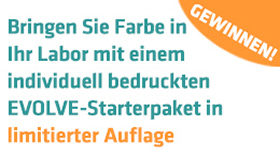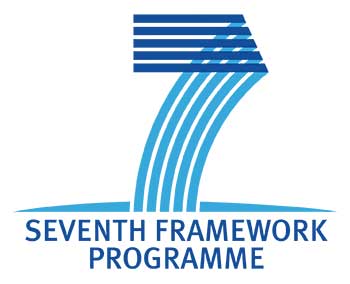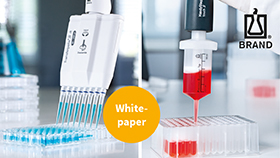FP7 under Investigation
Career strategies for young European scientists
by Ralf Schreck, Labtimes 01/2016
Page 1 | Page 2 | Page 3
HLEG Report Recommendations
- Ensure focus on critical challenges and opportunities in the global context
- Align research and innovation instruments and agendas in Europe
- Integrate the key components of the Framework Programmes more effectively
- Bring science closer to the European people
- Establish strategic programme monitoring and evaluation
Conclusions and recommendations
The HLEG made many in-depth recommendations to improve future Framework Programmes throughout their report, out of which as quintessence, five main conclusions and recommendations were proposed to the European Commission (see text box below). Each was carefully organised into three parts: rationale, background and analysis, and implementation. If one reads through the list, one might argue that the points raised are rather general and not really new, if one is following discussions about necessary improvement in EU-funded programmes. Moreover, the real value of the report lies in the overall prioritisation of fields of action and of the suggested core measures.
For example, one proposed measure was to establish a permanent mechanism of dialogue between the European Commission and the private sector in order to develop a stronger European innovation strategy. Along those lines, it was also suggested that the European Commission encourages, specifically, the participation of small and medium enterprises in national programmes, which might be more suitable to their needs in contrast to larger EU-funded consortia. The HLEG advocated for a common science, technology and innovation (STI) policy across the different EU programmes and recommended, among other things, a dedicated support fund within the EU Structural Funds to push Eastern and Southern European countries, to make them more attractive for local and foreign talents.
With respect to quality standards in research, the HLEG put forward the idea of an EU-wide quality stamp for funding proposals, which should allow to apply for national funding in a streamlined manner. With respect to funding measures, the HLEG proposed to foster linkages and share successful elements between the Specific Programmes. For example, by the promotion of researcher exchanges in collaborative projects or by installing funding possibilities in the mobility programme to prepare proposals for the European Research Council. The topic science and society incurred just 2% of the whole FP7 budget, and the participation of different stakeholders, including civil society organisations, was quite low. The HLEG suggested, therefore, to improve their participation, for example, in evaluation panels but also to develop particular partnership programmes to increase dialogue and transparency. For scientists, a European integrity code should be introduced to foster the society’s trust in science and innovation. Finally, the requirement for the development of a strategic and professional monitoring and evaluation system, as source of evidence-based decision making in Framework Programmes, was demanded by the HLEG.
We are already there
It took less than three months for the European Commission to respond to the HLEG report. In a press release in late January, Carlos Moedas, the Commissioner for Research, Science and Innovation expressed a rather small thank-you to the HLEG, “Independent experts have now confirmed that our research and innovation investments are supporting world class science and improving our citizen’s welfare. We are now using the lessons learned to further improve Horizon 2020, and make it simpler, more effective and more focussed on finding innovative solutions to benefit our society and economy.”
The HLEG report did not receive undivided attention. In parallel, the Commission did publish a couple of its own documents, such as a Staff Working Document, in which FP7 was internally analysed based on the five main criteria of the Better Regulation Package (efficiency, effectiveness, coherence, relevance and EU-added value). Although the European Commission politely welcomed the HLEG report, it was also made very clear that they have done their homework, too. The HLEG recommendations were kind of downplayed by the Commission’s claim that many of them have already been implemented in the ongoing Horizon 2020. Moreover, the Commission came up with an own list of measures for future improvements. Maybe the HLEG was expected to provide a warm applause for FP7 and not a highly differentiated assessment.
Page 1 | Page 2 | Page 3
Last Changed: 28.04.2016







